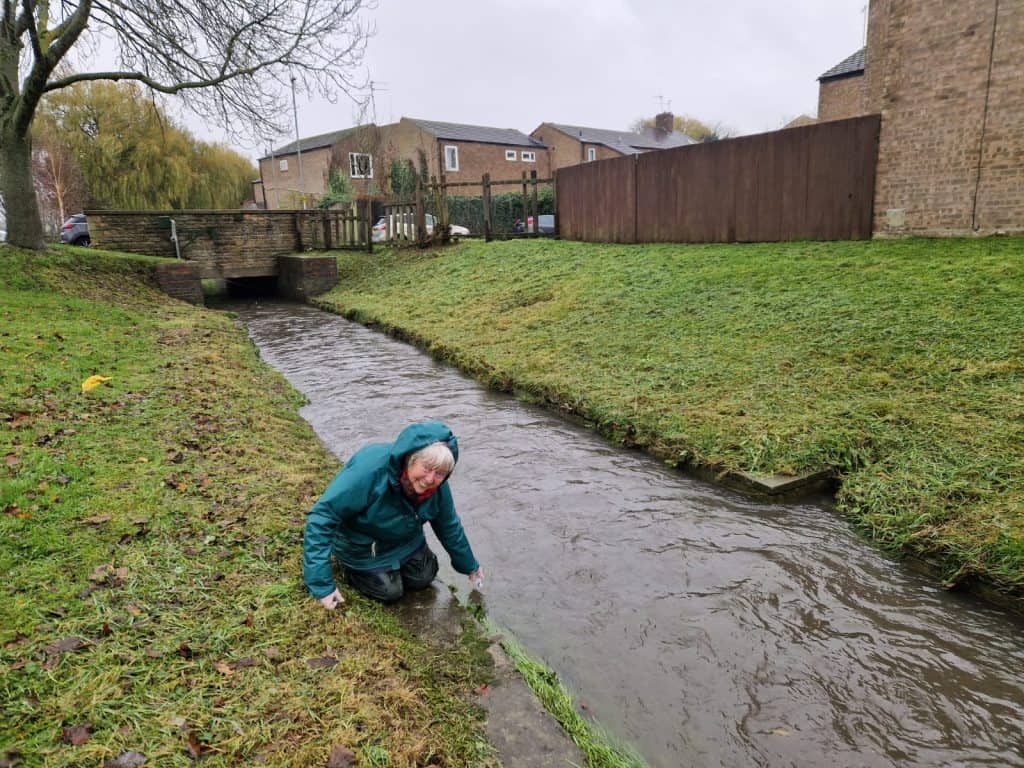
Nature-based solutions for urban resilience: A citizen science-based research programme
10th January 2022
This report highlights research into how nature-based solutions (NbS) can build resilient cities. Using citizen science, the program studied urban NbS in 17 global cities, focusing on carbon capture, flood mitigation, thermal comfort, and water quality.
Key findings include:
- Carbon Capture: Management practices influence carbon storage in urban trees and soil.
- Flood Mitigation: Bioswales and urban green spaces effectively mitigate flood risk, with functionality influenced by maintenance and design.
- Thermal Comfort: Urban vegetation, particularly trees, significantly reduces midday temperatures, helping to combat urban heat.
- Water Quality: Vegetation buffers and novel NbS improve water quality by reducing contaminants.
The report emphasises the importance of integrating these findings into policy and urban planning to create healthier, more resilient cities.




